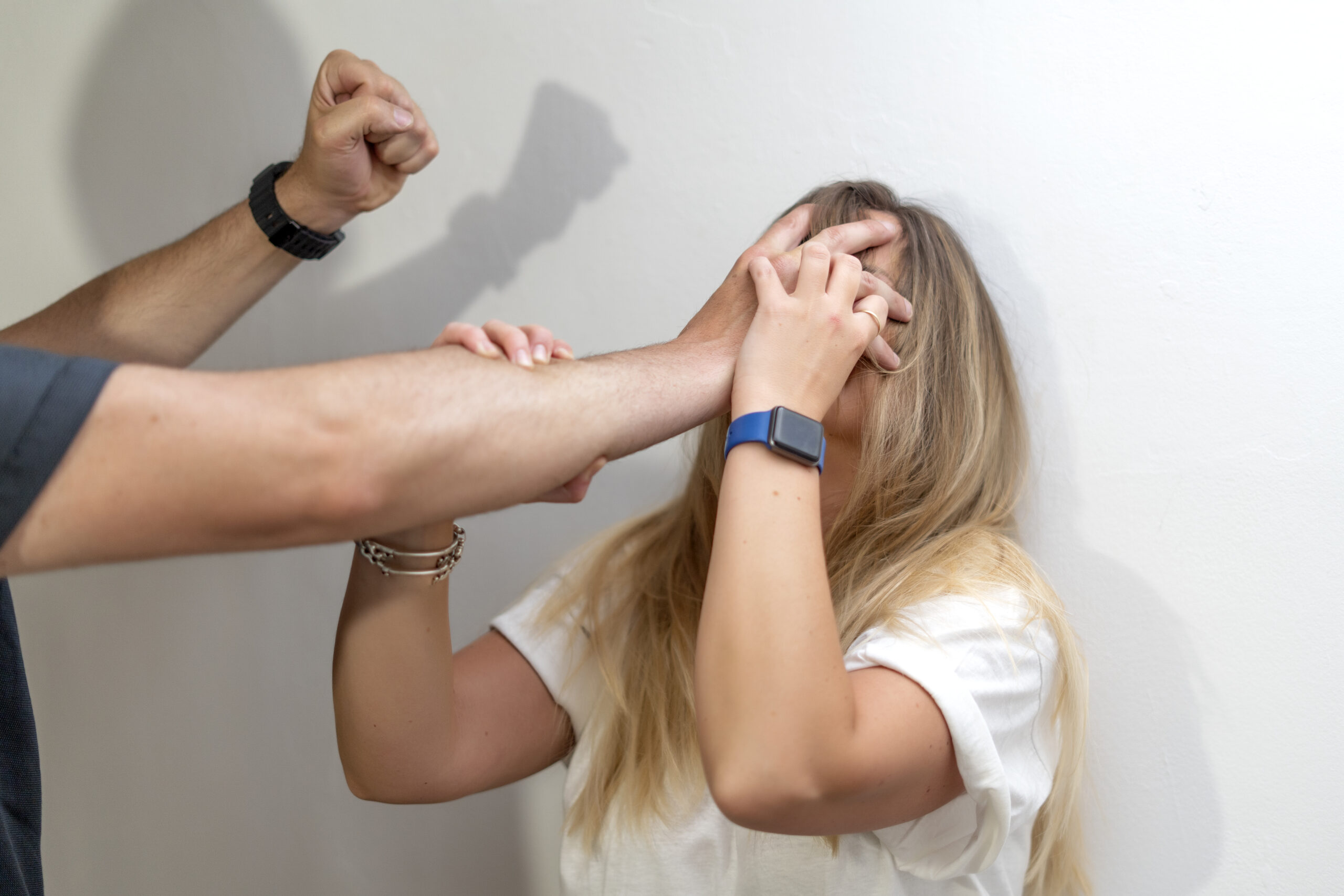Being released on a reasonable bail is extremely important in ultimately determining how a criminal case unfolds. Remaining in custody until trial affects how a criminal case is heard and has severe implications on an accused person’s life and relationships.
Being released on a reasonable bail shortly after an arrest will ensure that an accused person does not lose their employment and stays connected to their families. It also allows them to properly prepare for trial with their lawyer and witnesses.
WHAT HAPPENS WHEN SOMEONE IS ARRESTED?
Not everyone that is arrested is held for bail. Most people are released by police and provided with a court date to attend for their First Appearance. Police officers have some discretion when they arrest and charge a person. Depending on the allegations and the circumstances of the accused person, the officer can release the person on a “promise to appear” with or without conditions. However, if police believe that the accused is a risk to the community or will not attend court then they should bring the person before a Justice and have a bail hearing.
An accused person that has been charged with a criminal offence has the right to retain and instruct counsel without delay. They should ask to speak with a defence lawyer as soon as possible. A criminal defence lawyer can help prepare the accused and sureties for a bail hearing.
THE SURETY
Bailing someone out after an arrest is not as simple as showing up at the police station or courthouse with your credit card. A surety must take an oath and promise the Court that they will be responsible for supervising the accused person. They must ensure the accused will obey the conditions of release and attend court as required.
In most instances, the best surety is a family member and for young offenders, it is almost always a parent. The surety will need to meet the minimum requirements to be eligible. This includes such factors as having no criminal record and being able to provide adequate supervision.
Most bail hearings occur within 24 hours of arrest. A criminal lawyer should be retained as soon after the arrest as possible.
THE BAIL HEARING
Everyone has the right not to be denied bail without just cause. Meaning that bail is not guaranteed, and will only be denied bail if there is a good reason to believe that there is a risk posed by granting a release. The bail hearing determines whether or not a release will be granted and the bail conditions that will be imposed.
The most common reasons to deny bail in Toronto are:
- Flight risks – no substantial ties to the community
- A real risk that the accused will fail to attend the trial
- A substantial danger or risk to the public
- Real potential the accused will continue to break the law
- Real potential the accused will interfere with witnesses
- An overwhelmingly strong Crown case
- There is a potential for serious jail time
- Allegations are such that the public would be offended
As well, the Justice needs to be believe the surety is capable of providing supervision and the release plan is sufficient to mitigate risks.
If a release is denied, a lawyer may be able to request a bail review. However, a bail review requires that either a legal error was made or that there is a significant change in circumstance from the initial hearing.
HIRE A TORONTO BAIL HEARING LAWYER
If you are seeking to bail someone out after an arrest, your best chance is to hire a lawyer familiar with bail hearings. They can help you prepare a release plan and understand the charges and their implications.
Contact William Jaksa for a consultation.





